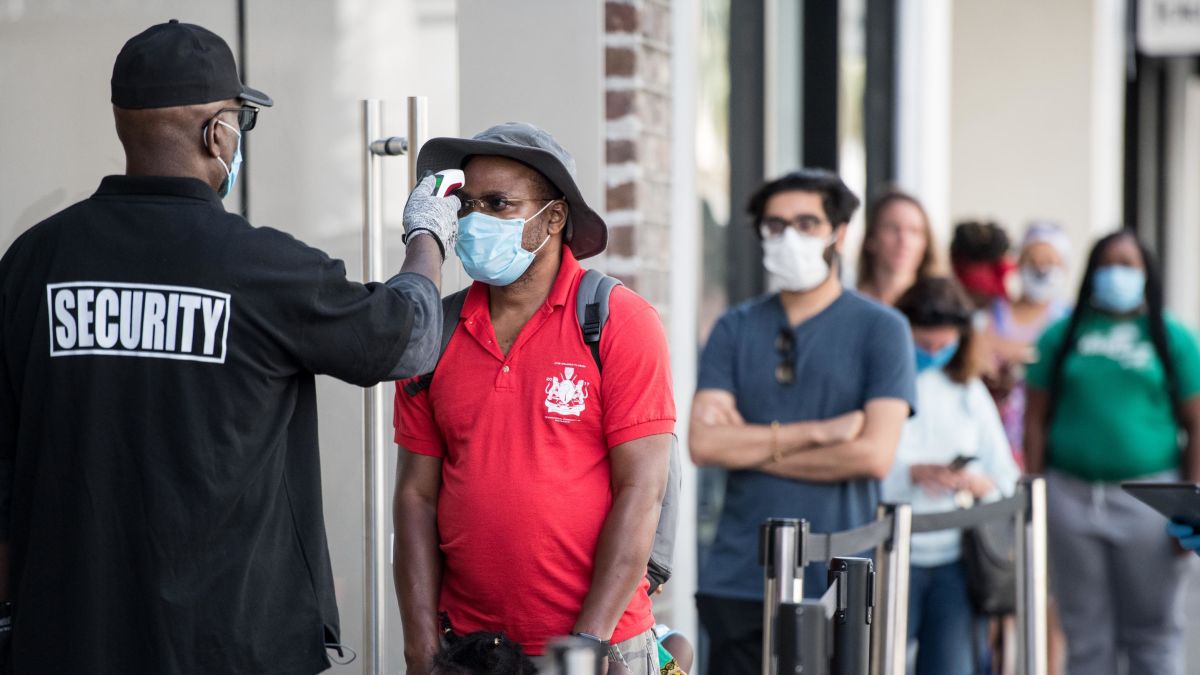Private security guards, also known as bodyguards, are vigilant of illegal activity and threats against individuals and property. From a fixed location, they may escort people to and from places or track activity.
They will perform surveillance or watch closed-circuit TV monitors and make sure that an area is secure. Security guards can call local law enforcement for assistance any time criminal activity occurs, or danger is imminent.
To successfully carry out their duties, security guards must be in good physical condition. Read on for a simple guide to becoming a private security guard.

Overview of Responsibilities
For people and facilities, personal or private security guards provide security. Typically, they deal with problems related to their clients’ trespassing, burglary, theft, or threats.
Private security guards are not state agents or officers and do not have the same authority and powers to arrest that a sworn police officer has.
However, until law enforcement arrives to investigate, they may temporarily detain someone on the property that they are responsible for. Usually, this job requires the ability to do the following tasks.
- Patrol assets and enforce rules and regulations on property
- Make rounds to verify doors and other points of access
- To identify potential threats, closed-circuit monitor security feeds
- Deny entry to unauthorized individuals
- Provide entry for authorized individuals
- Question and detain people without authorization who enter the property
- Alert the cops
How to Get Started: Get a License
Several states require licensing for private security guards, and as part of the licensing process, classroom training may be required. The classroom training can last anywhere from 8-16 hours, and it is also expected that individuals will participate in-field training.
In practice, topics such as law enforcement communications, use of force, report writing, handling of evidence, and crime prevention are all addressed.
A private security guard will not be required to obtain a specific license in some instances. Usually, this license is granted after passing an exam, but the exact requirements will vary. A firearms permit or license will also be required if a personal security guard is required to carry a firearm.
Employment
With any number of organizations, people, and companies, security guards can obtain employment. While the overall goals will be similar, the specific responsibilities can vary.
It is possible to assign personal security guards to protect individuals or property and to work individually or with a group of other guards. For this position, background checks are commonly required.
A fingerprint check, drug test, criminal background check, and reference verification are included in the screening process. Any outstanding question on one’s criminal record can harm the chances of employment.
Job portals you can try out to see employment opportunities, include Indeed, Glassdoor, or ZipRecruiter.
Maintaining Skills
To meet the demands of this job, personal security guards need to maintain outstanding endurance and athleticism. At any moment, danger can strike, so a private security guard must be able to respond quickly and to the best of his or her ability.
It will enable personal security guards to avoid risky situations before they arise by retaining critical observation skills and identifying important information.
In some cases, to maintain a state license, security guards will need to complete continuing education requirements. This ensures that skills are up-to-date, and understanding of new legislation and policies is understood.
Average Salary

Private security guards’ pay depends on the organization or person employing them, their level of experience, and the geographical region. Hourly salaries are based on a workweek of 40 hours.
- Annual Median Salary: $34,190 ($16.44/hour)
- Top 10% Annual Wage: Over $57,700 ($27.74/hour)
- Less than $24,490 ($11.77/hour) Annual Wage Bottom 10% Annual Salary
Conclusion
Experienced private security guards can progress to leadership positions or open their own security agencies. Guards with certifications or weapons licenses usually qualify for the highest wages and find the most promotion opportunities.
To sum up, personal security guards typically need to complete rigorous training on-the-job and must also be licensed in certain instances, mainly when working with firearms.












